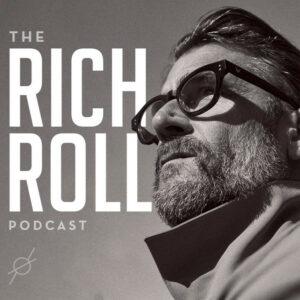
In this episode of the Huberman Lab podcast, Dr. Andrew Huberman invites Dr. Adam Grant to discuss unlocking one’s potential, motivation, and unique abilities. Dr. Grant shares insights from peer-reviewed studies and provides practical tools based on research that listeners can apply in their academic, athletic, and creative endeavors. The episode also features sponsorships from 8-Sleep and Levels.
Dr. Adam Grant discusses the psychology of procrastination and motivation. Procrastination is not laziness but rather a way to avoid negative emotions. Successful people often have to do things they don’t enjoy, and there are practical tools to nurture motivation, including task design and self-talk.
Dr. Grant explains the relationship between procrastination and creativity. Procrastinators are rated as more creative, and there is an optimal level of procrastination for generating novel ideas. Moderate procrastination allows for incubation and access to remote knowledge, leading to more innovative solutions.
Dr. Grant explores intrinsic motivation and the importance of connecting tasks to personal interests. Curiosity gaps and a growth mindset contribute to increased motivation and persistence. Understanding that stress and anxiety can enhance performance can lead to better results.
The creative process varies among highly creative individuals. Dr. Grant emphasizes the value of receiving feedback from a diverse group of people to refine ideas. Negative feedback can sometimes lead to unexpected success, and constructive criticism comes from within.
Dr. Grant highlights the importance of recognizing and nurturing potential. Underestimating one’s potential is common, and raw talent is not the sole determinant of success. Embracing discomfort and challenging topics can lead to falling in love with the material and unlocking hidden potential.
Dr. Adam Grant’s insights and practical tools provide valuable guidance for overcoming procrastination, nurturing motivation, and unlocking one’s potential. By understanding the psychology behind these topics and implementing evidence-based strategies, listeners can enhance their academic, athletic, and creative endeavors. The episode offers a wealth of knowledge and actionable steps towards personal growth.